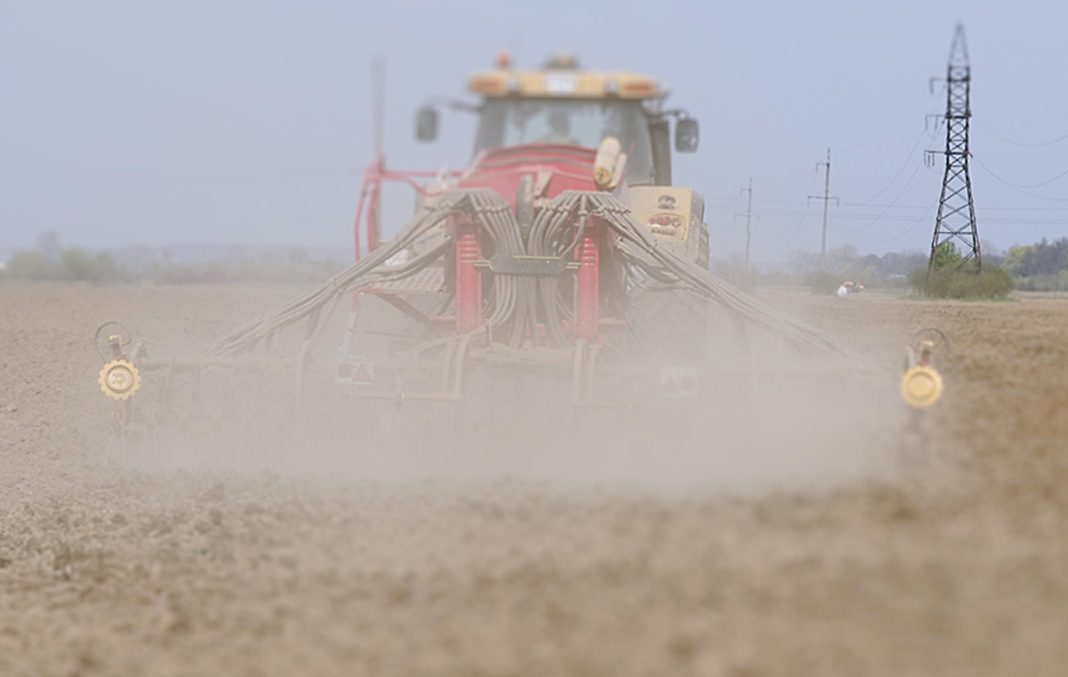Cannabis entrepreneurs say they’re facing jail time and hefty legal fees because of the plant’s complicated biology, with the vaunted 2018 Farm Bill only muddling the picture for interstate commerce.
A pair of cases in Idaho and Oklahoma raised questions about how state and local law enforcement are supposed to tell the difference between hemp and marijuana.
Since the Farm Bill passed and President Donald Trump signed hemp legalization into law:
- Four men working for a hemp-transportation company, Patriot Shield National Transport, were stopped in Pawhuska, Oklahoma, for running a red light. All four were charged with drug crimes for allegedly carrying roughly 18,000 pounds of Kentucky cannabis destined for Panacea Life Sciences, a CBD manufacturer in Louisville, Colorado. The men said they were carrying legal hemp; federal drug authorities say the plants had too much THC to be considered hemp and not marijuana.
- An Oregon truck driver was arrested in Boise, Idaho, for carrying roughly 6,700 pounds of cannabis from Oregon to Big Sky Scientific, a CBD manufacturer in Aurora, Colorado.
The cases suggest that local and state law enforcement don’t understand that interstate commerce is now legal for hemp.
“We were very forthcoming with the cops,” said Tyler Dickinson, co-owner of Patriot Shield, with headquarters in Denver and Kalamazoo, Michigan.
“We told them, ‘We’re hauling hemp, and here’s our paperwork.’ It was all there, certified by the state of Kentucky.”
In the Idaho case, Big Sky Scientific is suing Idaho State Police over the seizure.
“It’s a lawful crop, akin to oranges or potatoes or cotton,” Elijah Watkins, Big Sky’s lawyer, said
The cases also raise an uncomfortable prospect for the booming CBD industry: states have different THC testing methods – so a plant that tests at or below 0.3% THC in one state can violate the THC limit in another.
“We’ve got to get national testing standards worked out,” Dickinson said.
The high-profile hemp seizures have the booming CBD industry wondering how much they can trust the Farm Bill’s guarantee that “no state or Indian tribe shall prohibit the transportation or shipment of hemp or hemp products.”
In the Idaho case, for example, a Big Sky official said the company will be hurt even if the hemp is released and Idaho concedes the commerce was legal, because supply-chain disruptions can hurt any new business.
“They’re paying attorney’s fees for something that was settled in federal law,” Watkins said. “They have contracts to fulfill. This is a burgeoning market.”
Patriot Shield’s Dickinson said its hemp-shipping business has gone ice cold while folks await an Oklahoma resolution.
“Any local law enforcement can mess with any hemp shipment and delay it until the hemp is destroyed,” he noted.























